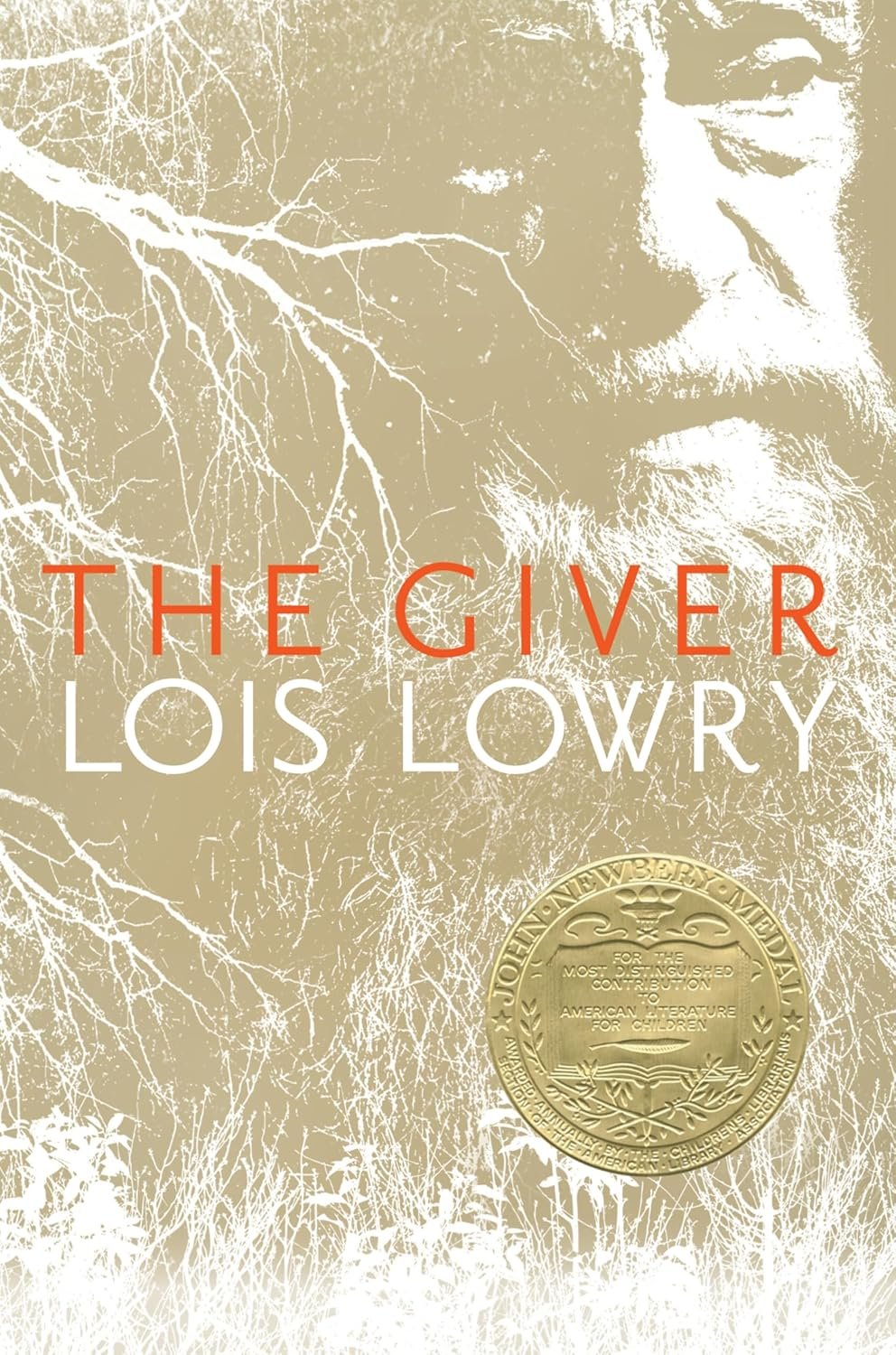A Journey Beyond Sameness: Reflections on The Giver by Lois Lowry
When I first picked up The Giver by Lois Lowry, I was captivated not only by its hauntingly beautiful cover but also by the whispers of its powerful themes. I had heard much about this Newbery Award-winning classic, yet nothing could prepare me for the intricate tapestry of emotions and thoughts woven throughout its pages. As I delved into the world of Jonas, I found myself grappling with profound questions about memory, choice, and what it truly means to be human.
In a society seemingly free from pain and suffering, where everything is organized under a concept called "Sameness," Jonas is selected as the Receiver of Memory—a role that will forever change his understanding of life. What struck me most about Jonas was his gentle curiosity; while his peers accepted their assigned paths without question, he harbored an innate sense of longing for something deeper. The way Lowry depicted his gradual awakening was nothing short of mesmerizing. As he began to experience memories of love, joy, and even sorrow, I felt my own heart expand with each revelation.
Lois Lowry’s writing is both deceptively simple and profoundly complex. The pacing is deliberate, allowing readers to savor each moment as Jonas receives the memories. The descriptions are vivid, transporting me to a world that, at first glance, feels utopian. Yet beneath the surface lies a stark reality: a community devoid of emotional depth and genuine connection. Lowry’s prose seamlessly shifts from a serene tranquility to a gripping tension as Jonas encounters the darker truths of his society, particularly in the chilling depiction of "Release," a euphemism for a far more sinister act.
One memorable moment that resonated deeply with me was when Jonas discovers the meaning of love, only to realize that his father’s definition of it is painfully inadequate. “Love is a meaningless word,” his father tells him, a statement I found profoundly unsettling. In a world designed to eliminate all discomfort, the characters are stripped of their most human traits. This idea of sacrificing emotional depth for the sake of peace left me reflecting on my own life—how often do we prioritize comfort over complexity?
As I reached the end of the book, I found myself grappling with mixed emotions. The ambiguity of the conclusion is perhaps my only critique; it’s open to interpretation, leaving readers to ponder Jonas’s fate and the cost of his newfound knowledge. Yet, this very uncertainty is what makes The Giver so unforgettable. It unveils a world where the absence of pain comes at an exorbitant price, reminding us that the colors of our existence—joy and sorrow—are what make life rich and meaningful.
I wholeheartedly recommend The Giver to anyone, young or old, who appreciates thought-provoking literature that challenges the status quo. It’s a book that whispers to the heart about the importance of choices, memories, and the emotional spectrum that defines the human experience. For me, reading it was not just an escape into a fictional world; it was a journey into the very essence of what it means to feel and to understand. So, if you’re ready for a story that will stay with you long after you’ve turned the last page, dive into Jonas’s world—you won’t regret it.
You can find The Giver: A Newbery Award Winner (Giver Quartet, 1) here >>







